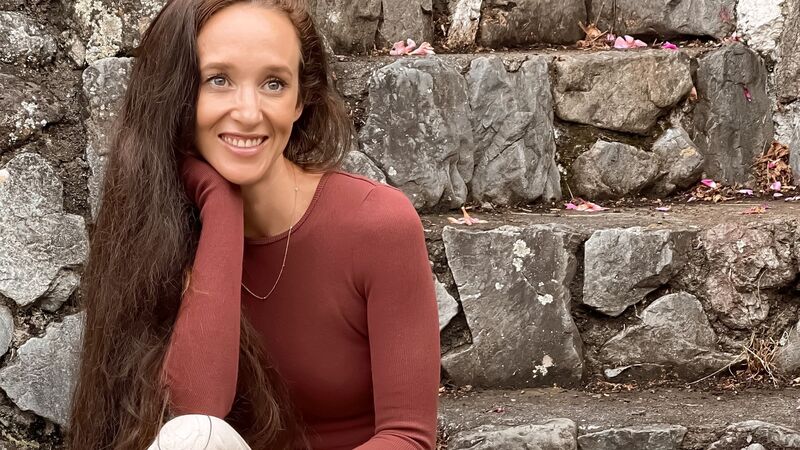You are viewing your 1 free article this month. Login to read more articles.
Sebastian Barry named the Walter Scott Prize's first double winner
Irish writer Sebastian Barry has won the £25,000 Walter Scott Prize for Historical Fiction for a second time for his American epic Days Without End (Faber).
Barry's win makes him the first double winner in the prize's history. It follows his success with On Canaan’s Side (Faber) which won the prize in 2012.
The prize's panel of judges said the decision was "one of the hardest" it has ever had to make, but ultimately Days Without End took the lead for its "glorious and unusual story", "seamlessly interwoven period research" and the "unfaltering power" of its narrator's voice. The story follows Thomas McNulty, a migrant who flees the Irish famine during the 1850s, and his brother-in-arms as they go to fight in the Indian Wars and ultimately the Civil War.
Barry said on winning, "It’s difficult to itemise my simple childish joy at receiving this prize; that the judges did all this work to make a 61 year old man feel 12 again."
Earlier this year the book had also helped Barry to become the first novelist to have won the Costa Book of the Year twice. At the time, Barry dedicated the win to his son Toby, who had recently come out as gay aged 16, and Barry said had both informed and inspired the story which describes the relationship between two men during the bloody founding of modern America.
In reaching their decision, the Walter Scott Prize judges, who include Elizabeth Buccleuch, journalists James Naughtie and Kate Figes, writers Katharine Grant and Elizabeth Laird, the Abbotsford Trust’s James Holloway, and historian and Borders Book Festival director Alistair Moffat as chair, had been looking for "originality, innovation and evocation of time and place" in historical fiction set more than 60 years ago.
"Our decision to award Sebastian Barry’s Days Without End was one of the hardest the Walter Scott Prize has ever had to make," they said. "With all seven books on the shortlist having strong supporters on the judging panel who championed their cause in a protracted and passionate debate about the nature and purpose of historical fiction, the very books themselves seemed to fight tooth and nail for the accolade.
"Eventually, Days Without End took the lead, for the glorious and unusual story; the seamlessly interwoven period research; and above all for the unfaltering power and authenticity of the narrative voice, a voice no reader is likely to forget. We commend all the authors of this year’s shortlist for their wonderful and important books. What a hard choice it was. But we are delighted to declare Days Without End the winner of the eighth Walter Scott Prize for Historical Fiction – and Sebastian Barry the first writer to win the Prize twice."
Days Without End triumphed over two fellow Faber novelists on the shortlist to win this year's Walter Scott Prize for Historical Fiction, Charlotte Hobson’s The Vanishing Futurist and Francis Spufford’s Golden Hill.
Also shortlisted were Graham Swift’s Mothering Sunday (Scribner), Rose Tremain’s The Gustav Sonata (Chatto & Windus), Jo Baker’s A Country Road, A Tree (Doubleday) and Hannah Kent’s The Good People (Picador Australia). Each of the shortlisted authors will receive £1,000.
Last year the prize was won by Simon Mawer for his 10th novel, spy thriller Tightrope (Little, Brown).


















